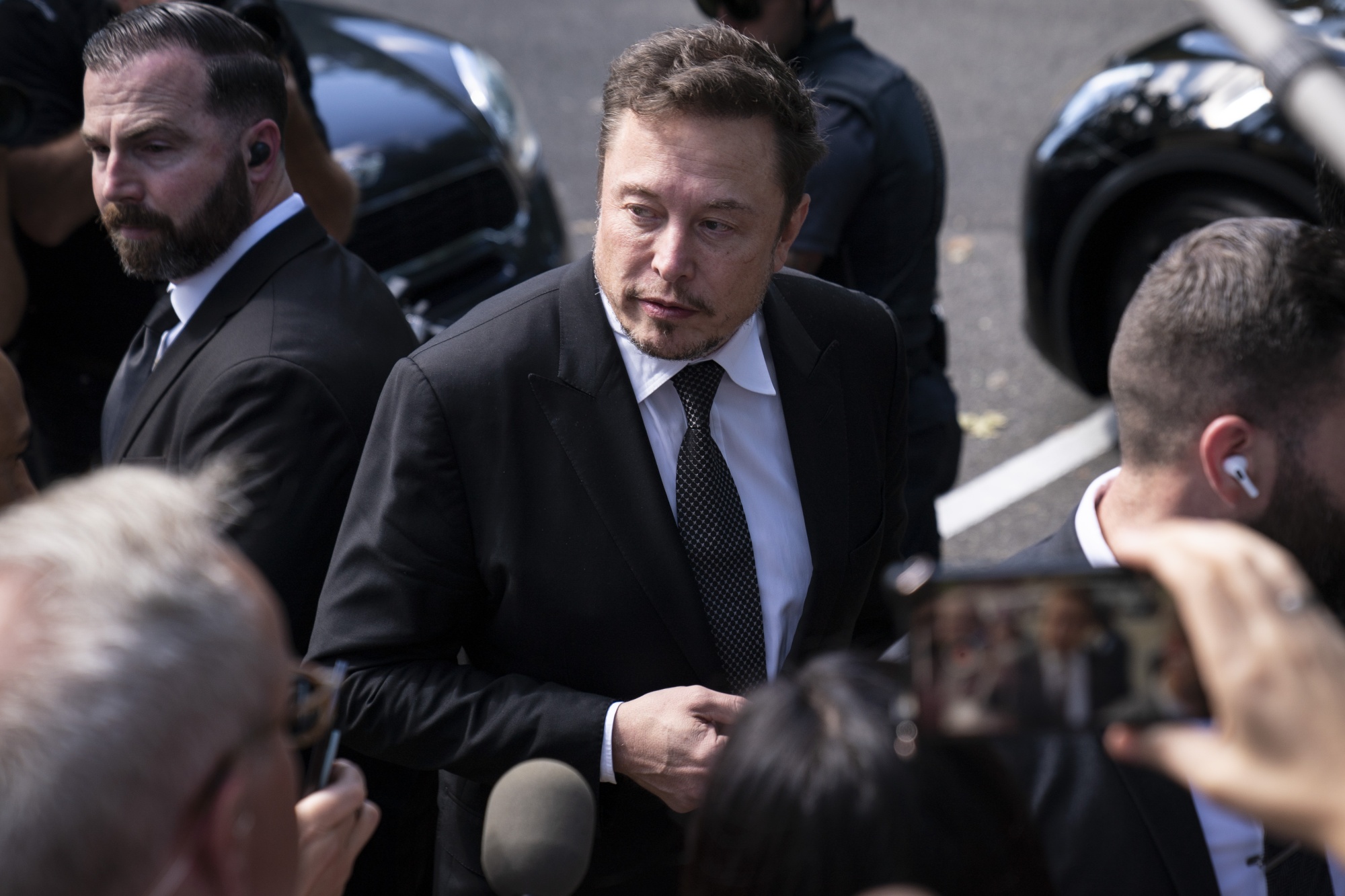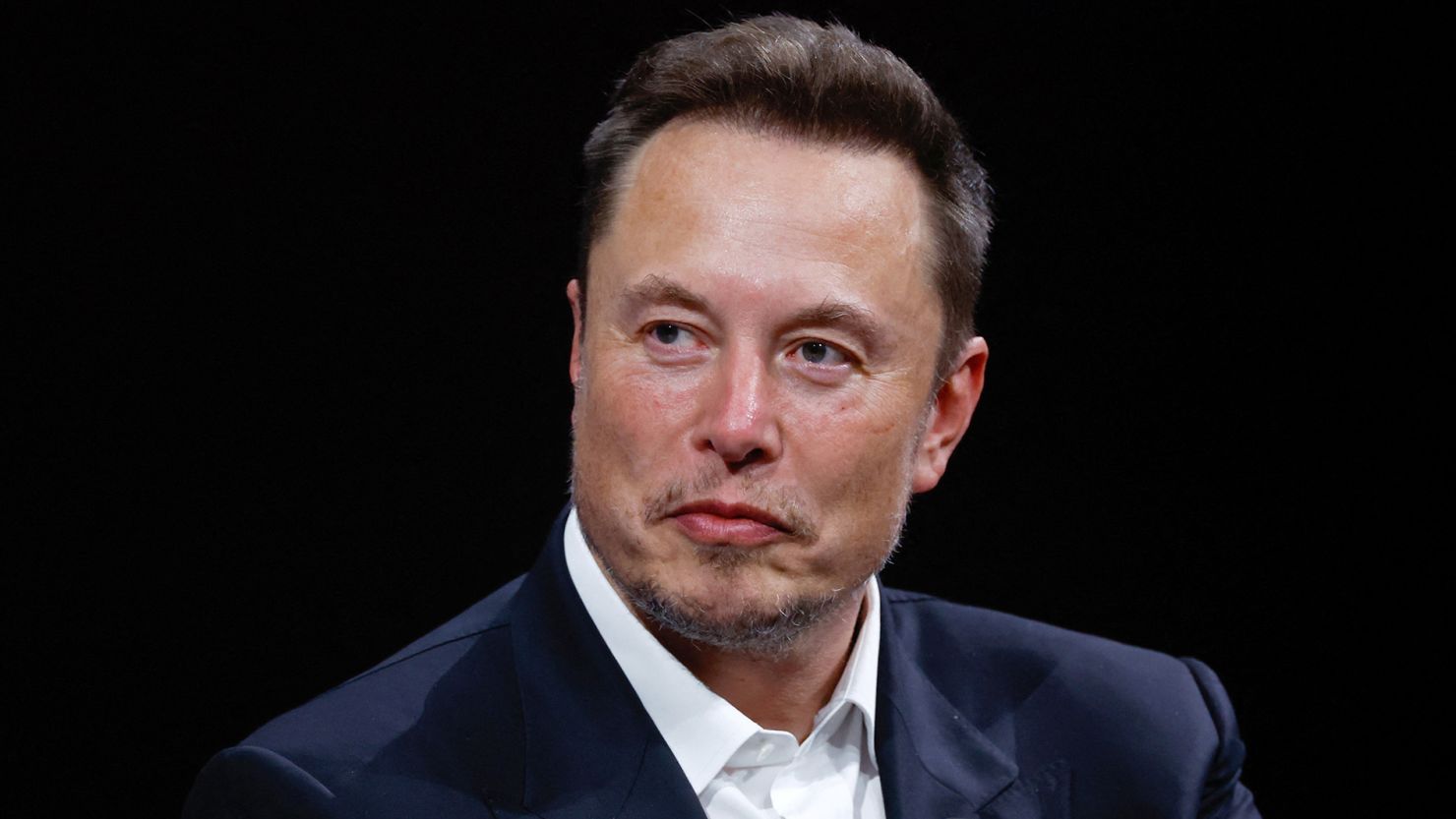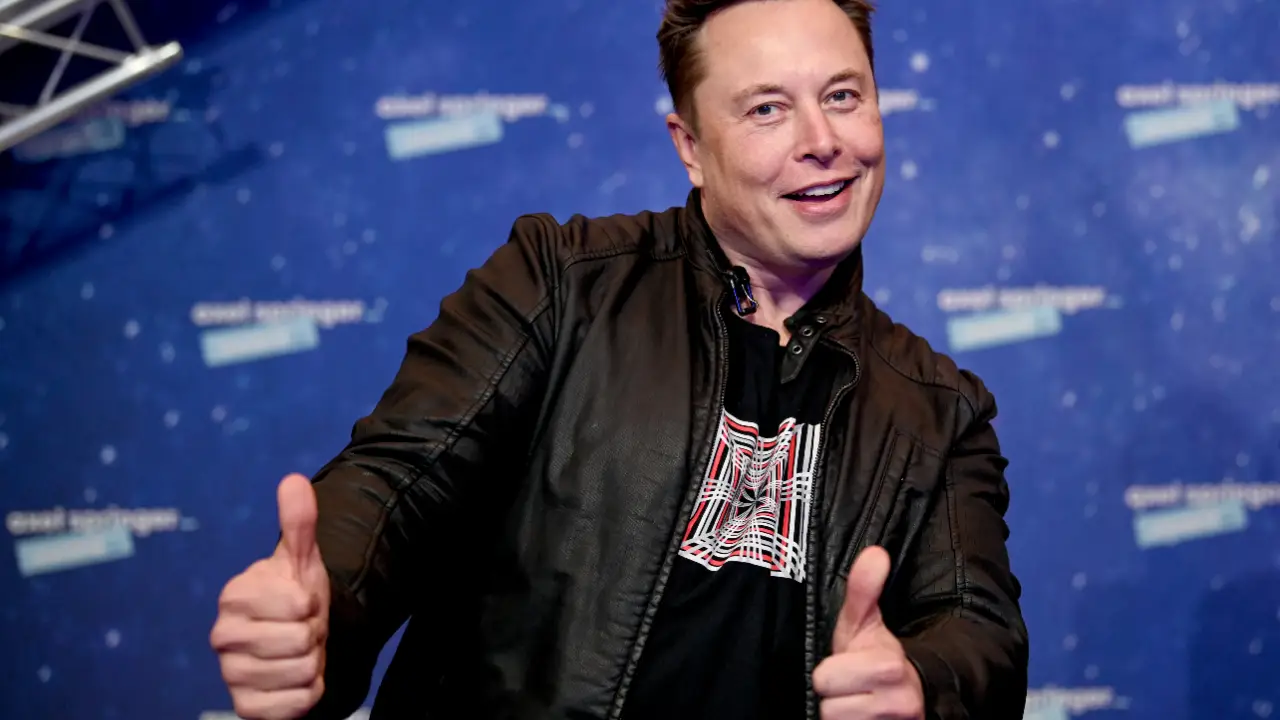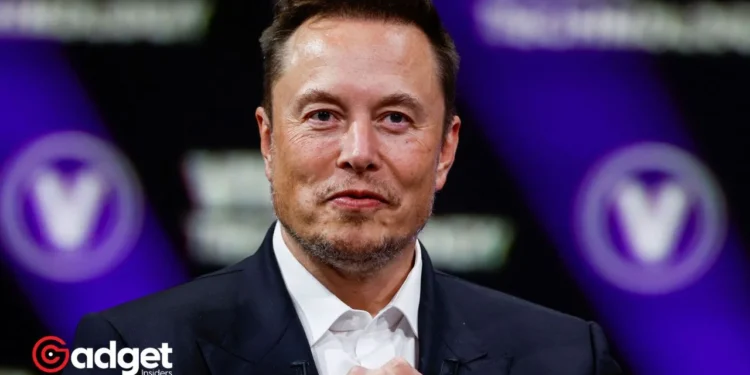In an unprecedented twist in the electric vehicle industry’s legal battles, Delaware Chancery Court Chief Judge Kathleen St. J. McCormick’s recent decision to rescind Tesla CEO Elon Musk’s hefty 2018 pay package has sparked a storm of controversy and backlash from Tesla investors. Despite the flurry of communications from concerned shareholders, reports indicate that Judge McCormick has chosen not to read any of the letters sent by Tesla’s investors, citing judicial code constraints.

The Groundbreaking Decision That Shook Tesla’s World
The drama unfolded in late January when Judge McCormick ruled in favor of Richard Tornetta, a thrash metal drummer and car enthusiast who held nine shares and challenged the fairness of Musk’s 2018 compensation agreement.
The lawsuit’s resolution has led to an astonishing request by Tornetta’s legal team for compensation in the form of 29 million TSLA shares, valued at over $5 billion. This decision not only questioned the legitimacy of Musk’s pay package but also threatened to significantly impact the company’s stock market performance and investor sentiment.
Tesla Shareholders Rally in Vain
In a concerted effort to sway the court’s opinion, the EV giant’s retail shareholders, under the leadership of Alexandra Merz, mobilized to voice their support for Musk’s original pay package.
Their campaign, which included thousands of investors, aimed to demonstrate the widespread shareholder approval of Musk’s compensation and the perceived injustice of the court’s ruling. Yet, despite their efforts, Judge McCormick’s adherence to the judicial code has left their pleas unheard and their letters unread.
This development has raised eyebrows and sparked debates among Tesla’s investor community, especially on social media platforms. The irony of the situation is not lost on the shareholders: a decision purportedly made to protect their interests has resulted in widespread dissatisfaction and concerns over the future of their investments in the electric vehicle giant.

Looking for a Voice: Tesla Investors Seek New Avenues
Faced with the silent treatment from the court, the investors are now exploring alternative methods to ensure their voices are heard. One such strategy involves rerouting their communications through Tesla’s verified shareholder portal, hoping that this approach will lend their letters the legitimacy needed for court consideration.
This move reflects the shareholders’ determination to fight for what they believe is fair treatment in the face of judicial indifference.
Is @donlemon interviewing or interrogating @elonmusk? 😂 No wonder he canceled the short-lived show. The clips I’ve seen are like watching depositions.
Also, watch until the end to hear Musk say he’s not voting Democrat in November. 👌 pic.twitter.com/rhWM5v2HYp
— Natalie Jean Beisner (@NJBeisner) March 15, 2024
What Lies Ahead for Tesla and Its Shareholders?
The saga surrounding Elon Musk’s rescinded pay package and the subsequent fallout with the investors highlights the complex interplay between corporate governance, shareholder rights, and judicial oversight.
As the EV giant continues to navigate these turbulent waters, the outcomes of these legal battles and shareholder activism could set important precedents for corporate America and influence investor relations for years to come.

In the meantime, the electric vehicle industry and its observers are closely watching the developments of this case, awaiting the next move in a high-stakes game of corporate chess.
Whether or not Tesla’s investors will manage to make an impact remains to be seen, but one thing is clear: the battle over Elon Musk’s pay package has become a focal point for discussions on shareholder rights and corporate accountability.










